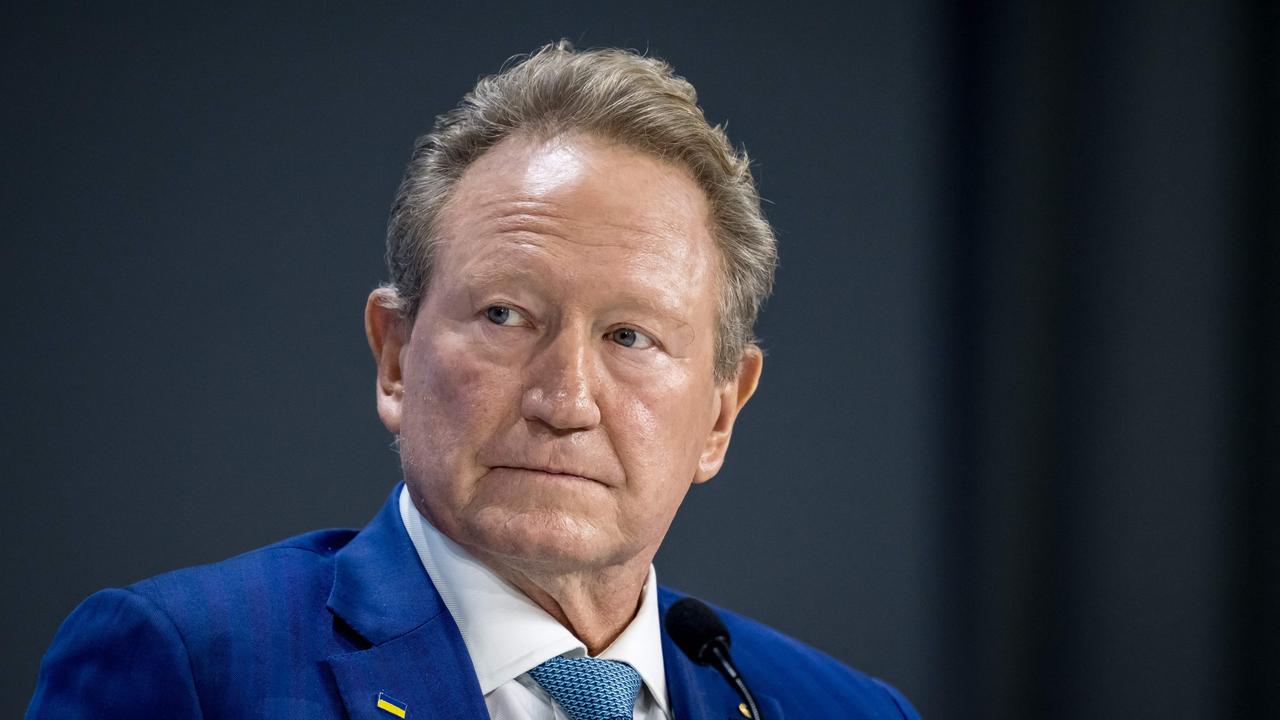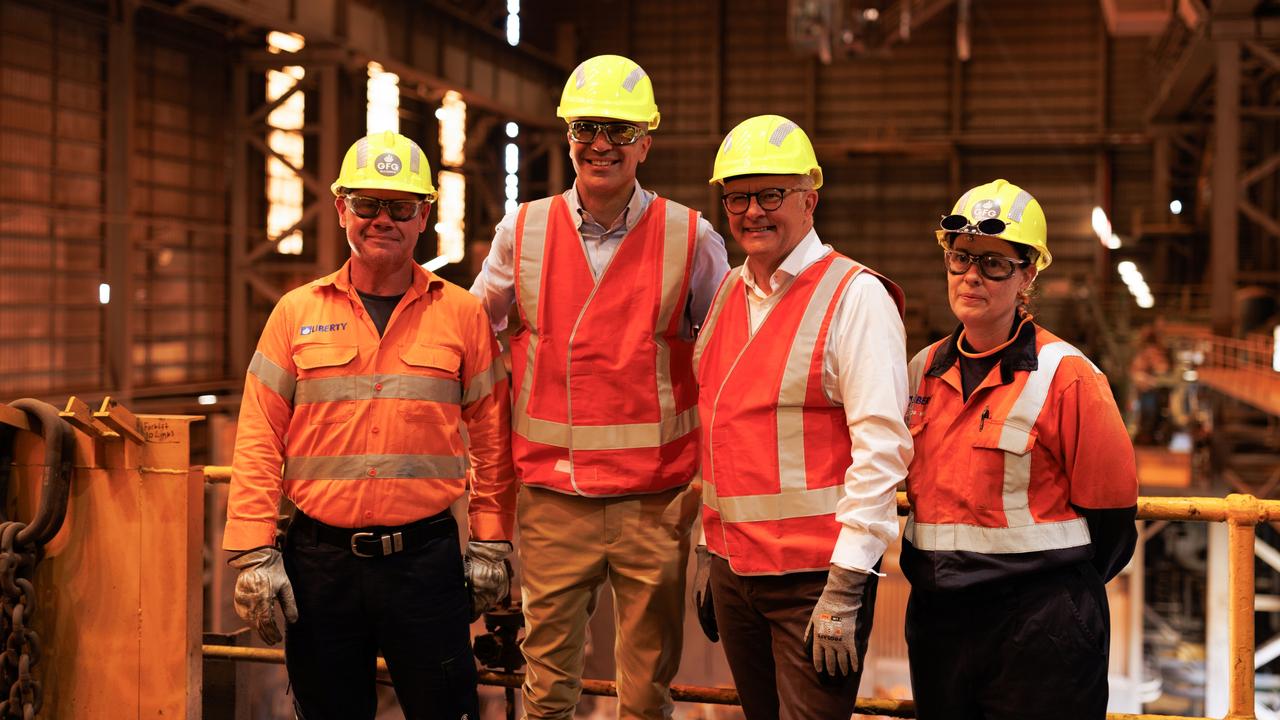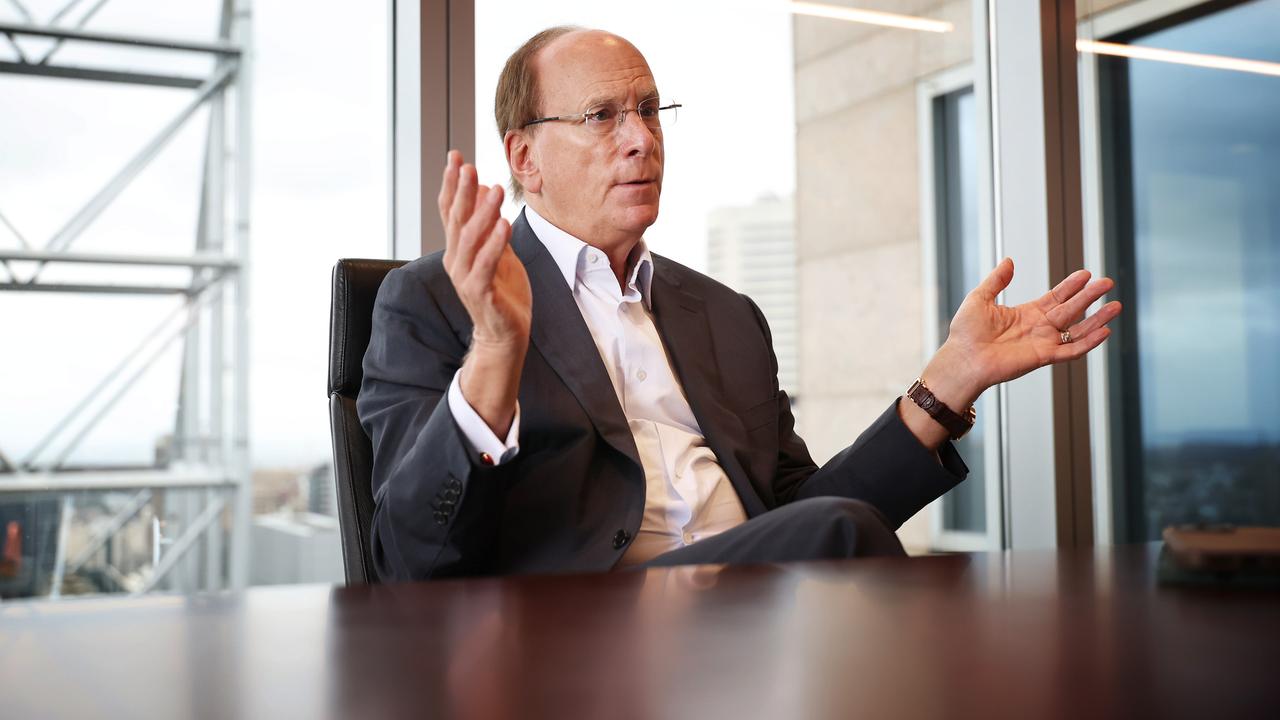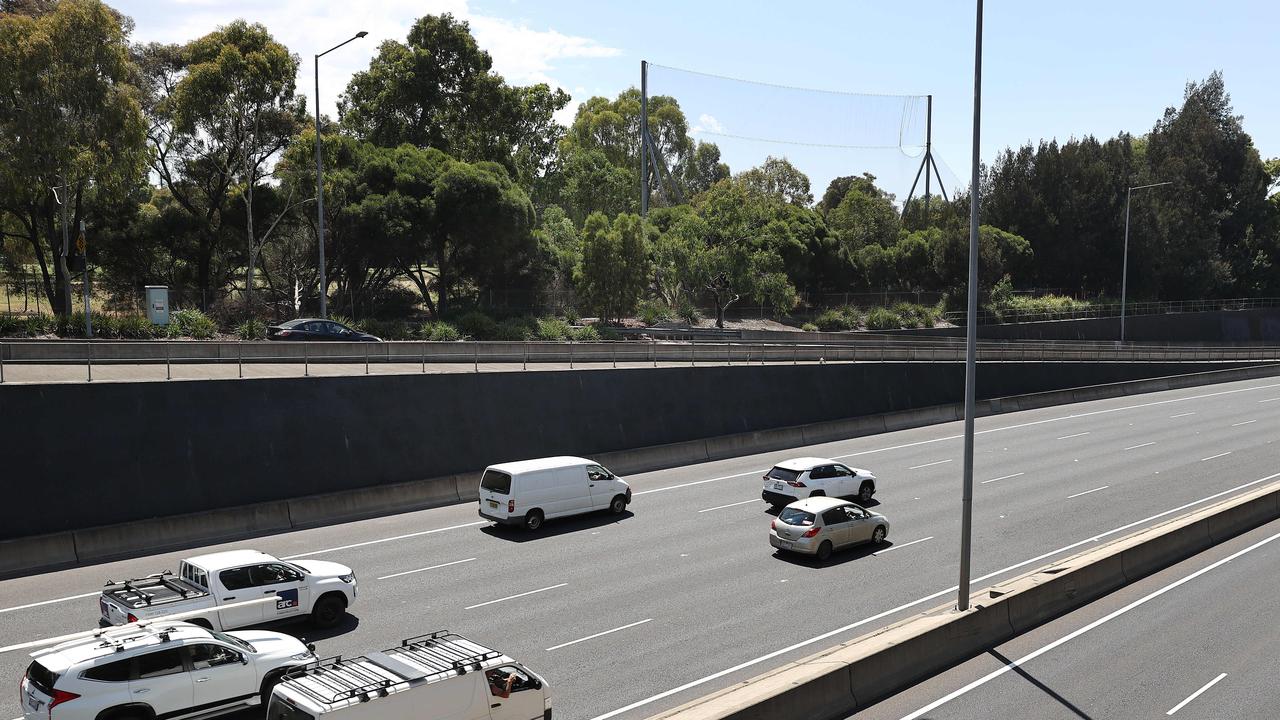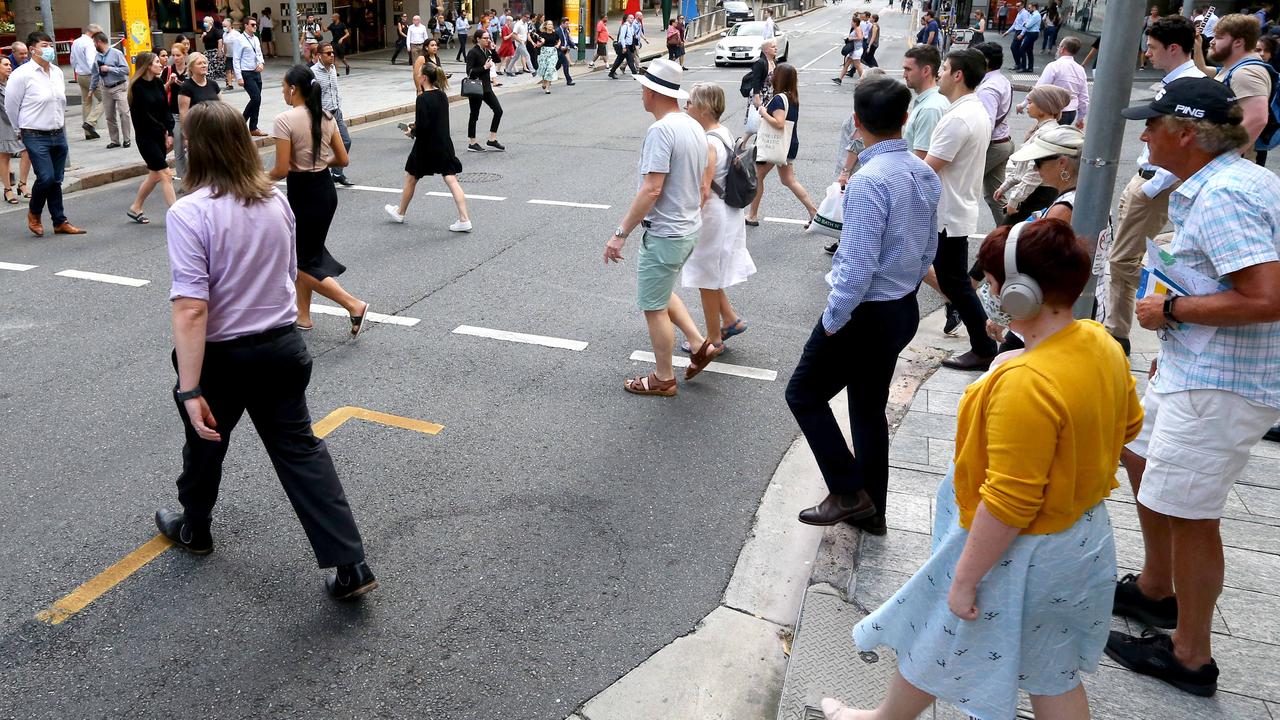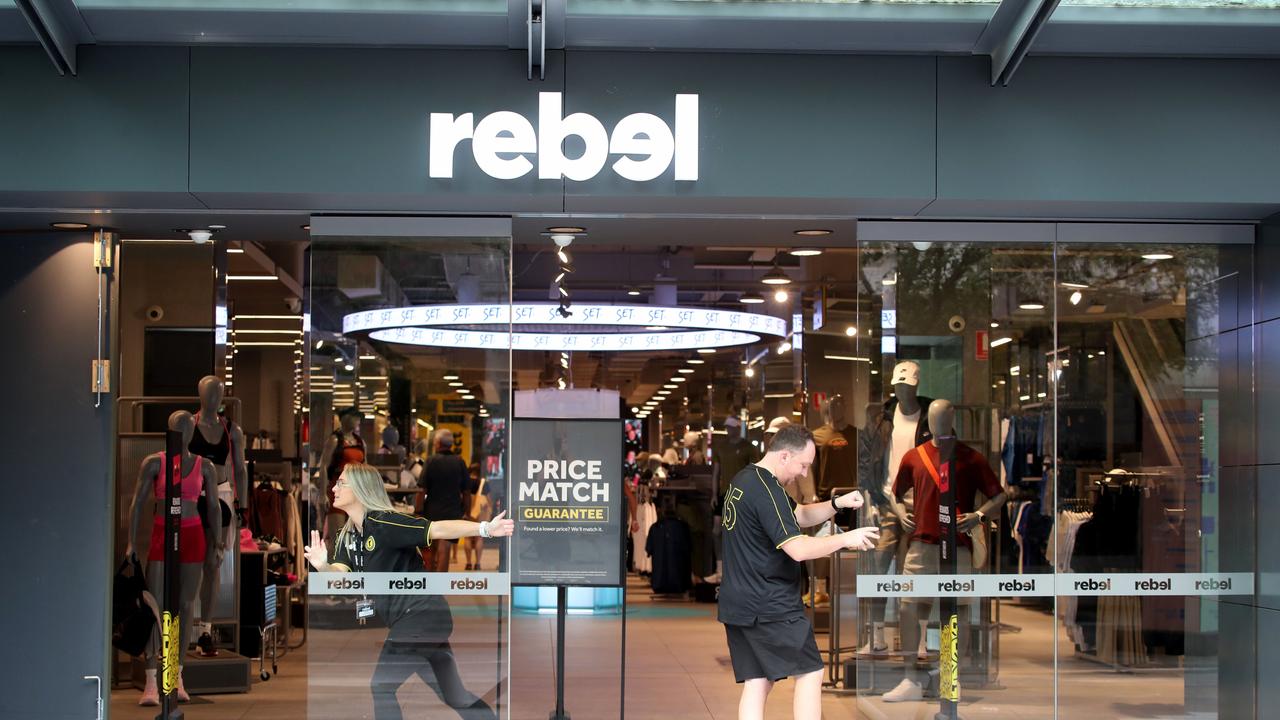Australia’s biggest steelmaker sounds alarm on huge Chinese imports
BlueScope has hailed Trump tariffs as a net positive, but is pushing the Albanese government to implement tough anti-dumping measures against China.
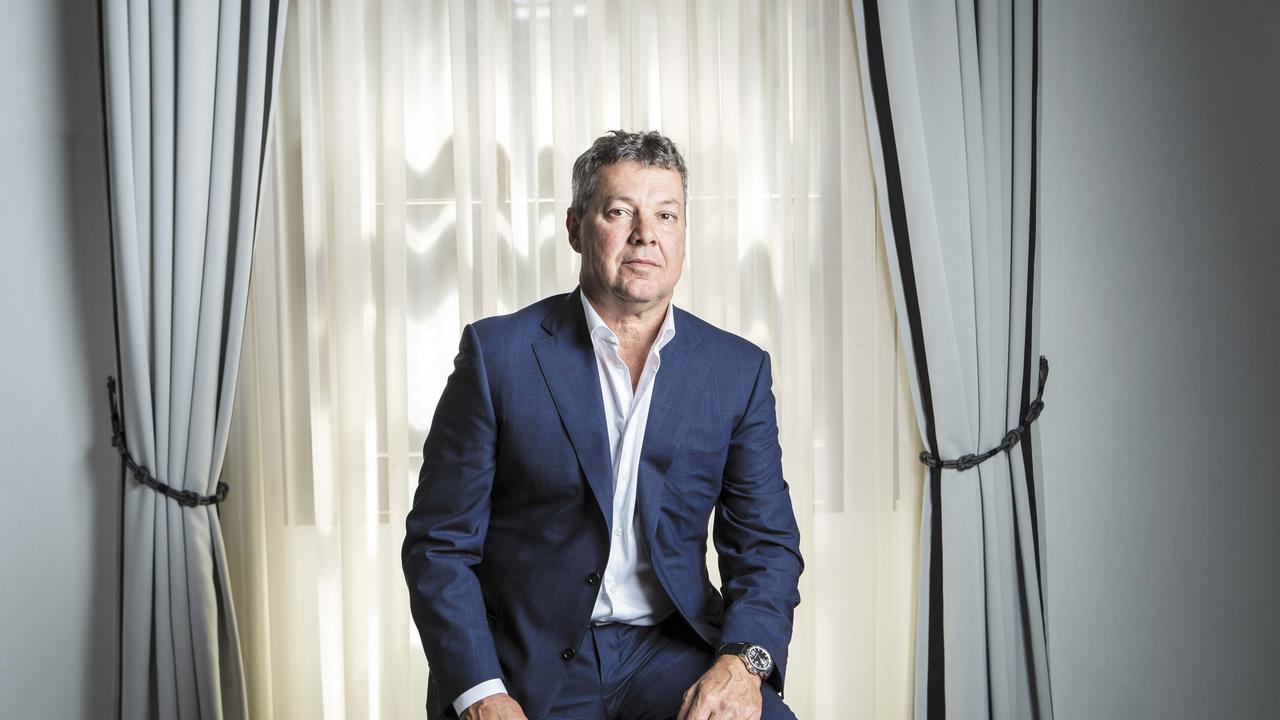
Business
Don't miss out on the headlines from Business. Followed categories will be added to My News.
BlueScope says it stands to benefit from US President Donald Trump’s tariffs on steel imports regardless of whether Australia succeeds in winning an exemption, but fears for the future of the domestic industry if tough anti-dumping measures are not taken against China.
Australia’s biggest steelmaker noted a 20 per cent jump in steel prices in the US in the past few weeks after President Trump unveiled a 25 per cent tariff on imports.
BlueScope chief executive Mark Vassella said the company was in talks with the Albanese government about how to protect the local industry from Chinese steel dumping.
BlueScope has capacity to produce about three million tonnes a year of steel in the US, and 200,000 to 300,000 tonnes a year of exports from its Australian operations to the US.
Asked about the tariff impact, Mr Vassella said: “There are lots of moving parts in this piece, but the short answer is net-net a positive for BlueScope.”
Mr Vassella said BlueScope’s biggest concern was how the Trump move might boost Chinese steel imports to Australia and threaten domestic production without the imposition of tough anti-dumping safeguards.
“The potential risk for us is that we see material dislocated from other markets, and it comes to Australia, and it’s something we’re talking to the federal government about, and we have been for years,” he said.
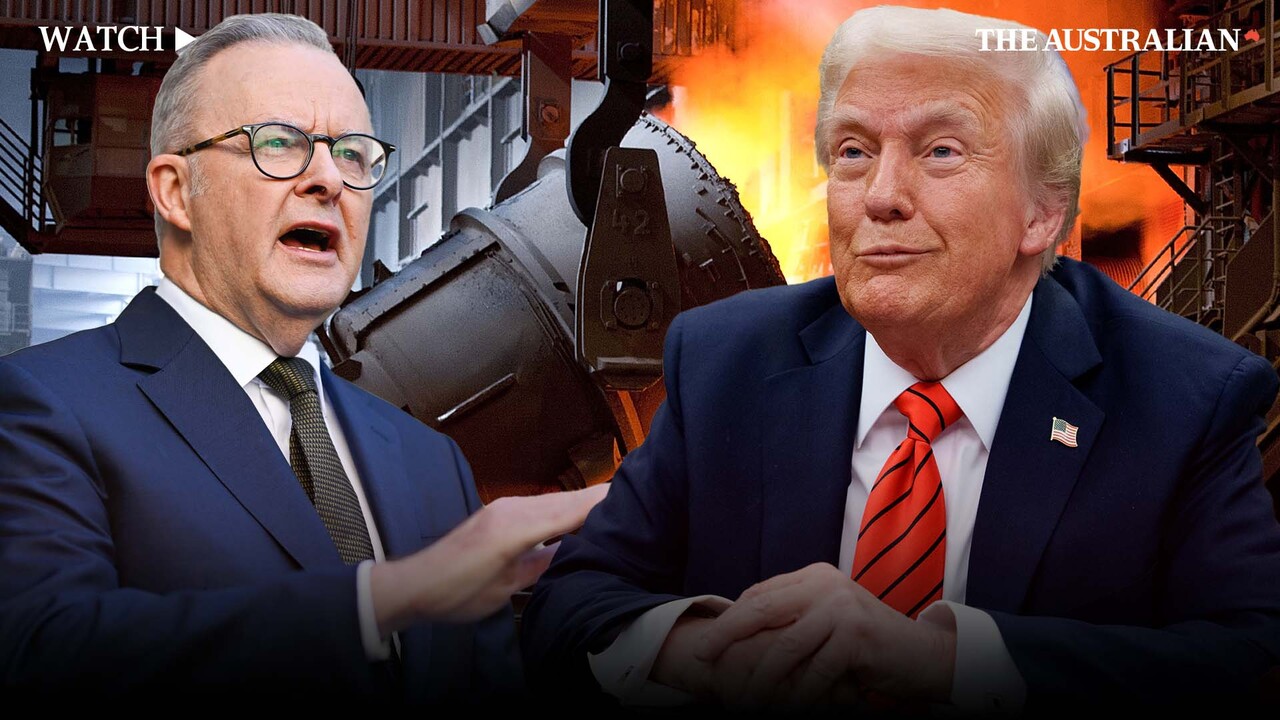
“This is critical for us to try and maintain our domestic industry. To give you some sense of scale, the amazing asset we have at Port Kembla produces three million tonnes of steel a year. It’s a globally-scaled asset. China in 2024 exported 110 million tonnes of steel.
“I think the arguments around ‘are you just trying to put in barriers by having an effective anti-dumping regime’ are quite frankly naive because that’s just a massive volume of steel that gets dumped out of that country (China) because of the softness of their domestic economy and the overcapacity that they’ve built.
“So we need a really strong, diligent, effective, quick-to-act anti-dumping regime.”
BlueScope wants a nimbler and better resourced Anti-Dumping Commission to deal with rapidly changing trade flows as Mr Trump takes on China with tariffs.
The company accused China of dumping hot rolled coil steel in November, with the complaint now under investigation by the commission.
Mr Vassella said BlueScope was talking to the government about ways to resolve complaints more quickly and efficiently.
“There’s a whole bunch of companies out there and customers that can’t afford to wait a year. And of course, what you see with tariffs right now in North America is there’s a different administration approach where you just make a change unilaterally and immediately,” he said.
In addition to its Port Kembla steelworks, BlueScope has been investing in the US for 30 years and recently spent $2bn on acquisitions and brownfields expansion of its operations.
It is now the fifth-largest steel producer in the US, employing about 4000 American workers.
Mr Vassella said the company supported free and fair trade but the massive flow of steel out of China in 2024 saw the market spread – the difference between the sell price and raw material costs – fall to historical lows, with a big impact on BlueScope’s results.
“It’s critical that we have an anti-dumping regime that allows us to react quickly where trade is occurring that’s not free and fair, and where it puts at risk sovereign capability, the capability of industries like ours in Australia,” he said.
“Many of the steel businesses in China in China and other parts of Asia have got to be just break-even or losing money, and that’s not sustainable. What we’ve seen in the past has typically been stimulus to drive demand, or there’s been supply-side adjustments. That hasn’t occurred over the last year, which has caused quite a bit of grief in the industry in terms of our earnings.”
Asked if the Trump tariffs were justified, Mr Vassella said the policy had had an immediate impact when he was first in the White House, with BlueScope and other companies boosting capacity.
“There a view in North America that Mr Trump is holding China to account for their excess capacity and oversupply, and supporting his domestic industry and markets,” he said. BlueScope sees potential for big investments and acquisitions in the US and has deferred investment in mid-stream capacity to keep its powder dry.
The move comes amid speculation about the future of Nippon Steel’s $US14.9bn bid for US Steel that was blocked on national security ground by the Biden administration.
Mr Trump has said he would not mind Nippon taking a minority stake after earlier indications the deal was dead.
“With so much uncertainty going on around ownership and structure, we think it’s good for us to keep our optionality just in case some assets fell out,” Mr Vassella said.
BlueScope’s dismal first half earnings did not stop the company boosting shareholder returns with an increased dividend and the extension of its $240m buyback.
The group’s sales revenue of $7.91bn was a 7 per cent decrease on the prior corresponding period due to lower selling prices.
Underlying earnings before interest and taxes of $308.8m fell 57 per cent because of lower steel spreads and higher costs. Profit fell 59 per cent to $179.1m, with underlying profit down 63 per cent to $176.4m.
The cash position at December 31 was $88m with financial liquidity of $2.9bn.
The company’s shares jumped on the news, closing up 13 per cent at $25.25.
An interim dividend of 30c per share, up on the 25c paid in the prior corresponding period, will be paid on March 25.
Underlying earnings in its Australian business improved in the first half over the previous six months (second half of FY24), but were down in North America (a 65 per cent drop), Asia (down 8 per cent) and NZ (83 per cent).
For the second half, the group is forecasting total underlying EBIT in the range of $360m to $430m.
More Coverage
Originally published as Australia’s biggest steelmaker sounds alarm on huge Chinese imports



